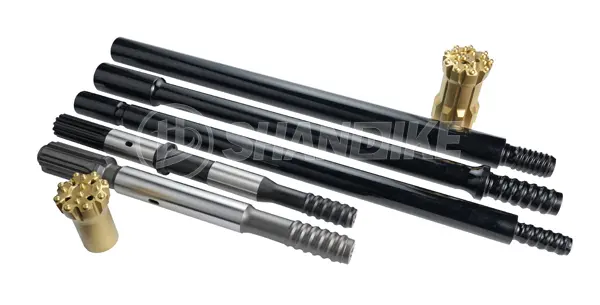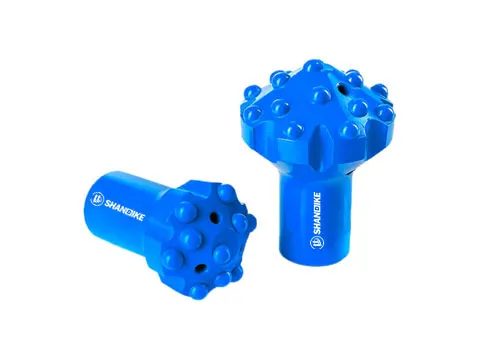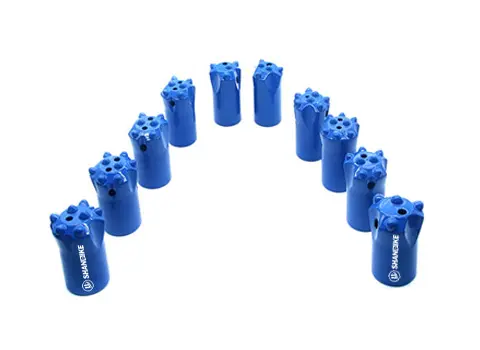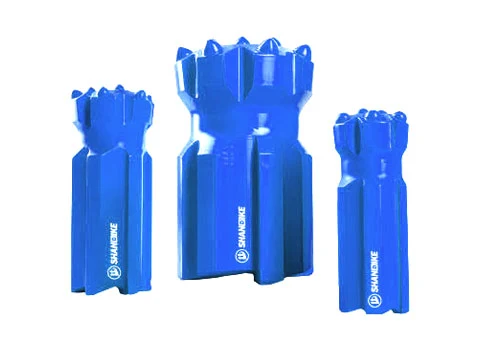In the demanding world of mining, tunneling, and geotechnical construction, the drifting drill rod is a critical component. Traditionally crafted, modern advancements see these essential tools increasingly factory produced, bringing significant advantages in performance, reliability, and efficiency.

What is a Drifting Drill Rod?
Drifting drill rods are heavy-duty, hollow steel rods used primarily with pneumatic or hydraulic drifters (rock drills). They transmit impact energy, rotation, and flushing air/water to the drill bit, enabling the rapid drilling of blast holes, rock bolting holes, or exploration boreholes in hard rock formations. They endure extreme stress, abrasion, and corrosion.
The Factory Advantage:
Factory production transforms drifting rod manufacturing:
1. Precision Engineering: Advanced CNC machining ensures consistent thread profiles (commonly R32, T38, T45, ST58, GT60), precise diameters, and strict dimensional tolerances along the entire rod length. This is crucial for seamless coupling, efficient energy transfer, and preventing thread failure under load.
2. Superior Material & Heat Treatment: Factories utilize high-grade, alloy steels specifically formulated for toughness and wear resistance. Controlled, automated heat treatment processes (quenching and tempering) optimize the core hardness for impact absorption while maintaining surface hardness for abrasion resistance, significantly extending rod life.
3. Enhanced Quality Control (QC): Rigorous, standardized QC protocols are integral to factory production. This includes non-destructive testing (like ultrasonic or magnetic particle inspection), hardness testing at multiple points, dimensional checks, and visual inspections. Traceability from raw material to finished rod is standard.
4. Consistency & Standardization: Every rod leaving the factory meets identical specifications. This interchangeability minimizes downtime on site – any rod fits any coupling. Operators know exactly what performance characteristics to expect.
5. Optimized Design & Surface Treatment: Factories can implement advanced designs (like optimized water channels) and apply durable surface treatments (phosphate coating, specialized paints) to further enhance corrosion resistance and reduce friction in the drill string.
Why Factory Production Matters:
Increased Productivity: Consistent performance, reduced breakage, and easy interchangeability minimize costly stoppages for rod changes or failures.
Lower Total Operating Costs: While the initial cost might be comparable, the dramatically extended service life and reduced downtime of high-quality factory rods lead to significant long-term savings.
Improved Safety: Precision threads and robust construction reduce the risk of catastrophic rod failure or thread stripping under high pressure, protecting personnel and equipment.
Predictable Performance: Engineers and drillers can rely on the known characteristics of the rods for accurate drilling planning and execution.
Global Availability & Compliance: Factory production enables large-scale manufacturing to consistent international standards (like ISO), ensuring reliable supply chains worldwide.


